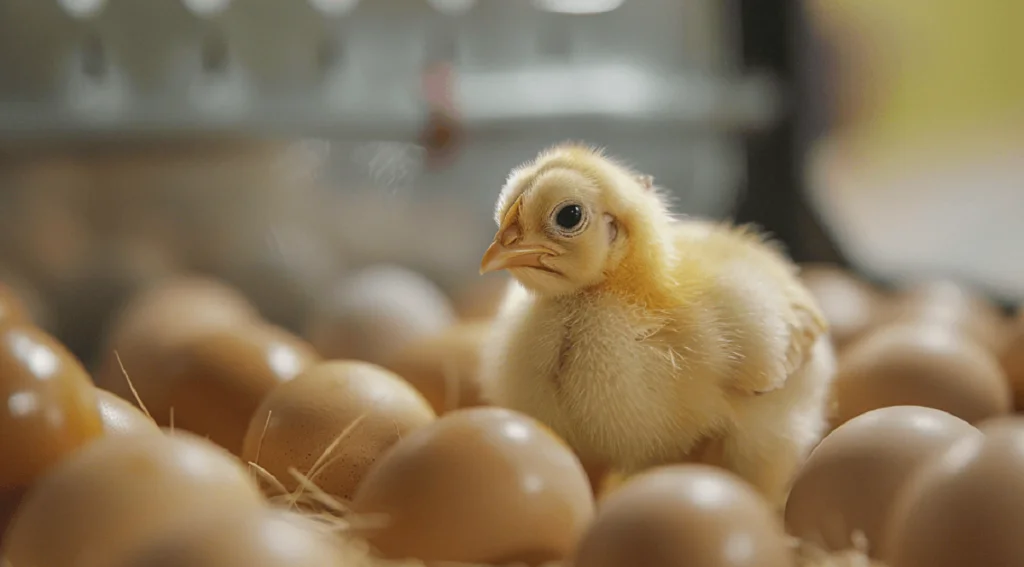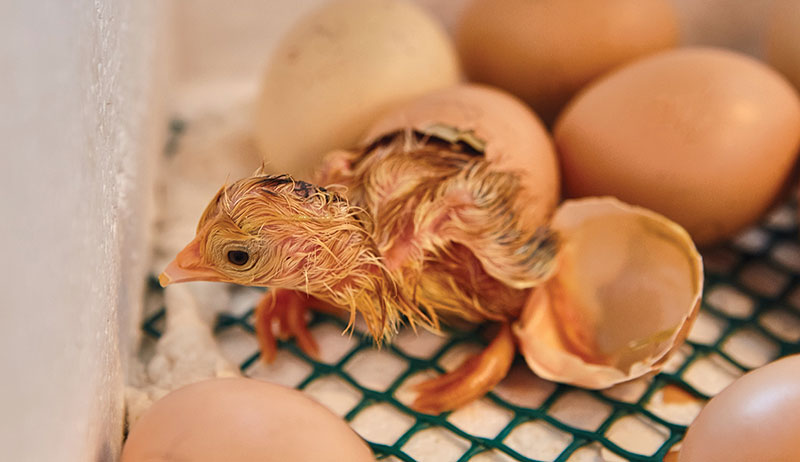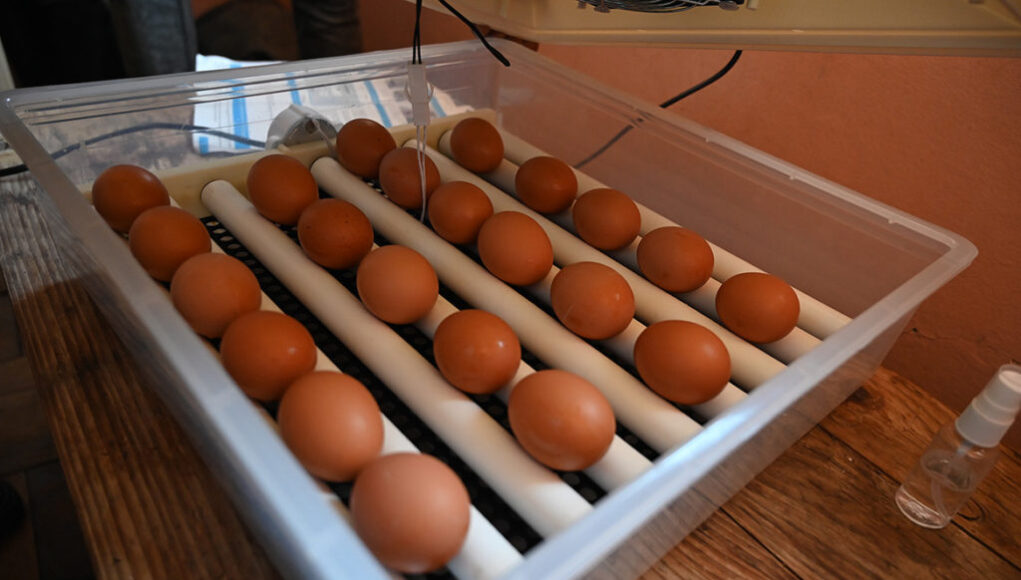Incubating eggs is both an art and a science that requires precision and care. One of the most critical aspects of this process is turning the eggs. But what happens if eggs not turned in incubator? This crucial step ensures the development of healthy embryos. In this article, we will explore the impact of not turning eggs during incubation and provide insights for aspiring poultry enthusiasts.

The Importance of Egg Turning
Turning eggs is vital to ensure even heat distribution and prevent the embryo from sticking to the shell. This action mimics the natural movements of a hen, promoting healthy development. Without turning, embryos can face developmental issues and reduced hatch rates.
Why Do We Turn Eggs?
In nature, a mother hen instinctively turns her eggs several times a day. This movement helps maintain the temperature and humidity levels, ensuring the embryo’s optimal growth. Turning also prevents the yolk from settling, which can cause the embryo to adhere to the shell membrane, leading to malformations or death.
Consequences of Not Turning Eggs
Failure to turn eggs can have severe consequences. The most common issues include:
- Embryo Malformations: Without turning, the embryo can stick to the shell, causing deformities.
- Decreased Hatch Rates: Stagnant eggs may not develop properly, leading to lower hatching success.
- Increased Mortality: Lack of turning can result in higher embryo mortality rates.
Impact on Embryo Development
Embryos require a balanced environment for proper development. Not turning the eggs disrupts this balance, affecting nutrient distribution and leading to weaker chicks. The risk of bacteria growth also increases, as stagnant conditions are more conducive to infections.
Optimal Incubation Practices
To maximize hatch success, it’s crucial to adhere to best practices, which include maintaining the ideal temperature and humidity levels, alongside regular egg turning.
How Often Should You Turn Eggs?
Eggs should be turned at least three times a day. This frequency mimics the hen’s natural behavior and ensures that the embryos develop symmetrically.
Tools and Techniques for Egg Turning
Various tools and techniques can assist in egg turning:
- Automatic Turners: These devices rotate the eggs at regular intervals, ensuring consistent turning without manual intervention.
- Manual Turning: For those without automatic devices, manually turning eggs is a viable option, though it requires diligence and consistency.
Manual vs. Automatic Turning
While manual turning is effective, it demands time and attention. Automatic turners offer convenience and reliability, especially for larger batches. However, both methods can be successful if performed correctly.
Common Myths About Egg Turning
Several myths surround the practice of egg turning:
- Turning is Optional: Some believe turning isn’t necessary, but scientific evidence supports its importance.
- More Turns are Better: Excessive turning can be counterproductive, causing stress to the embryo.
Debunking Misconceptions
Understanding the facts about egg turning can improve your incubation success. It’s essential to follow established guidelines and avoid overcomplicating the process.
Learning from Nature
Observing natural incubation processes can provide valuable insights. By mimicking a hen’s behavior, we can create an optimal environment for egg development.
Natural vs. Artificial Incubation
While artificial incubation offers control and precision, it lacks the nuances of a hen’s instinctive care. Balancing technology with natural methods can enhance outcomes.
Additional Resources for Egg Incubation
For more guidance on incubation, consider exploring resources like Stromberg’s guide on incubators and the WikiHow guide on using incubators.
Further Reading
Explore topics such as testing egg fertility and ventilation in incubators for comprehensive understanding.

FAQ
1. What are the risks of not turning eggs?
Not turning eggs can lead to embryo deformities, decreased hatch rates, and increased mortality.
2. How often should eggs be turned?
Eggs should be turned at least three times a day to mimic natural hen behavior.
3. Can I turn eggs manually?
Yes, manual turning is effective if done consistently. Automatic turners offer convenience but are not necessary for success.
This article contains affiliate links. We may earn a commission at no extra cost to you.









